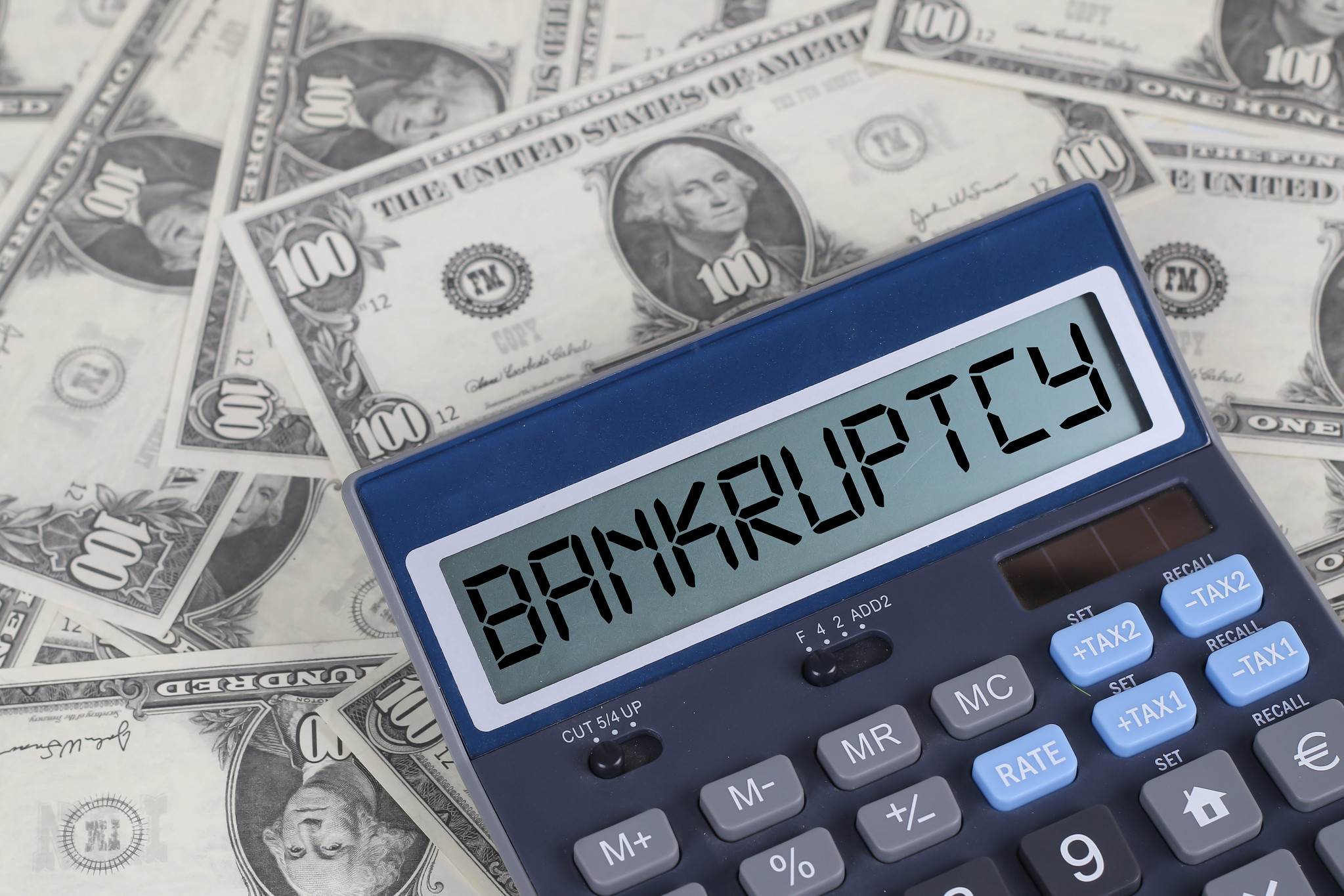While bankruptcy courts are governed by federal law, exemptions will vary from state to state, according to their own individual laws.
Nashville-Davidson, TN – Wrapping your head around the complexities of a bankruptcy court is a tall order for any individual. As an individual considering bankruptcy, you can choose between Chapter 7 and Chapter 13 of the U.S. Bankruptcy Code (and our lawyers can help you decide that).
Regardless of which you choose, one thing you want to familiarize yourself with is what constitutes an exemption, under Tennessee law.
Why does it matter?
Bankruptcy exemptions are important for a number of reasons. If you’re filing for Chapter 7 bankruptcy, you will most likely be forced to sell everything you own to repay your debt, except property that is exempt. As such, you need to know exemptions, to know which property you’ll get to keep.
If you’re filing for Chapter 13 bankruptcy, on the other hand, you’ll get to keep all that you own, but you may be asked to pay off exempt property to the courts, on top of your debts. Once again, you want to know what’s an exemption, and what’s not.
If you still have questions at the end of this article, consider reaching out to our Nashville-Davidson bankruptcy lawyers.
What are Tennessee exemptions?

While bankruptcy courts are governed by federal law, exemptions will vary from state to state, according to their own individual laws.
Many states also recognize the list of federal bankruptcy exemptions. However, that is not the case with Tennessee, so keep that in mind, when weighing your options.
- The Homestead Exemption – Tennessee allows an exemption for your main place of residence, of up to $5,000 in equity. While this isn’t much, there are a couple of extra provisions to this exemption. If you have a minor/dependent child living in the house, the exemption is raised to $25,000. If one spouse is over 62 years old, the exemption is $20,000, respectively $25,000, if both spouses are over 62. If you are an individual filer over 62, the exemption is also raised to $12,500. Lastly, joint spouse filing raises the exemption to $7,500.
- Personal Property – things like clothes, family items, pictures, and other emotional valuables are protected. If you’re unsure whether a particular item is exempt, consult our Tennessee bankruptcy lawyers;
- Health Savings Accounts;
- Retirement Plans, 401k, Social Security, and other tax-exempt financial accounts;
- Payments owed as the result of a personal injury lawsuit;
- Civil court dues (child support, alimony);
- Crime victim compensation (up to $5,000);
- College education savings plan;
- Aid for disabilities;
- The Wildcard Exemption – Tennessee allows filers to keep any item (except real estate) of their choice, with a value of up to $10,000
One important exception that Nashville bankruptcy lawyers point out is that Tennessee does not have an exemption for your motor vehicle. However, you can use the Wildcard Exemption to protect a car, boat, or another motor vehicle of your choice provided it doesn’t exceed the $10,000 cap.
Since the law puts limits on the property/assets you can protect during a bankruptcy case, consider your options wisely!
Also, since you’ll be dealing with lawyers and court clerks for the next few months, now would be a good time to educate yourself a bit on legal matters.


Join the conversation!